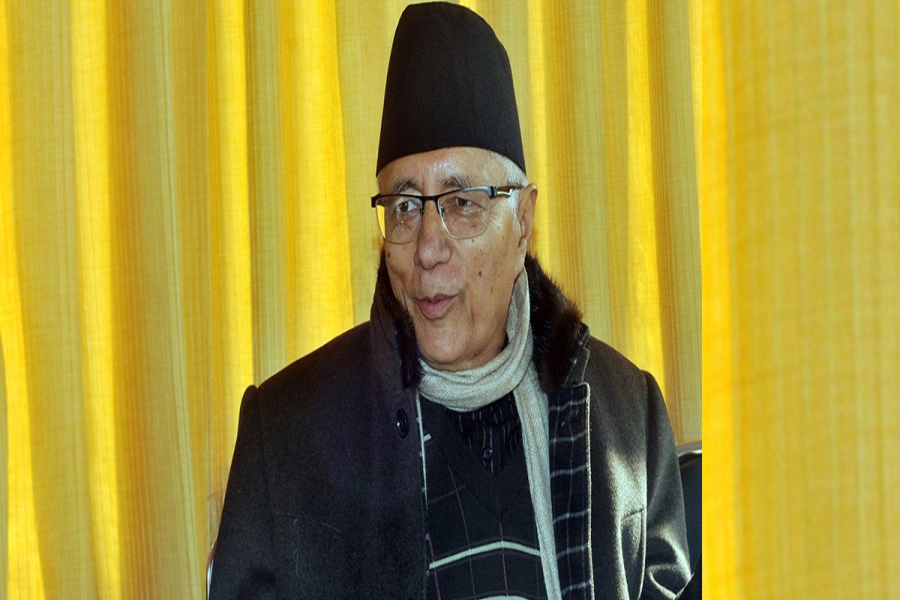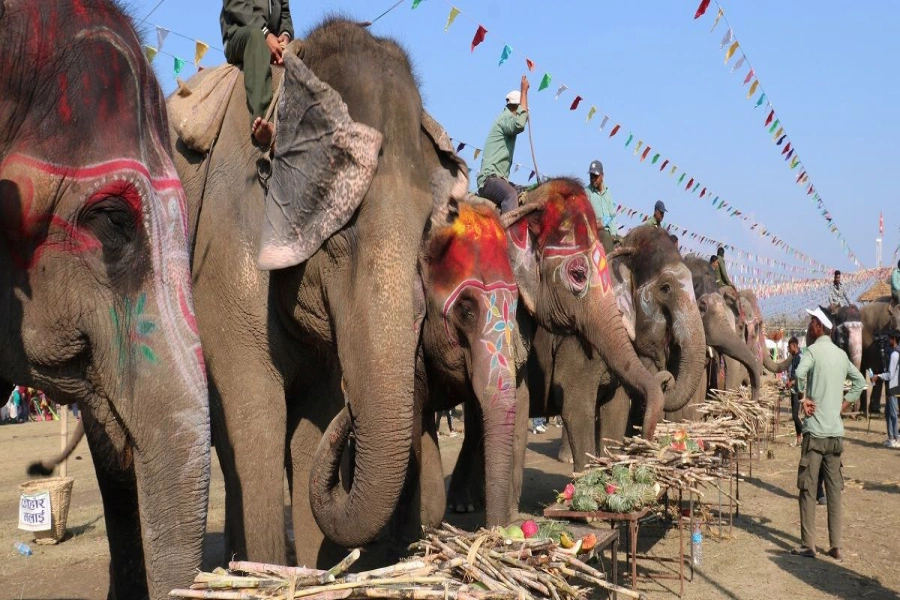KATHMANDU, April 12: As locally produced honey struggles to find a market, farmers are facing dire circumstances, with some even contemplating leaving the honey harvesting industry altogether. The disappointment stems from Indian honey dominating the Nepali market, leaving indigenous honey unsold.
Farmers are aggrieved by the fact that while Indian and foreign honey brands are intermittently selling, domestic honey sales have plummeted. They have appealed to the government for proper market arrangements, fair pricing, and facilitation to sell their produce.
On Thursday, representatives from the Federation of Nepal Beekeepers presented a memorandum to Agriculture Minister Jwala Kumari Shah. The outgoing president of the Federation, Shiva Prasad Paudel, warned that unless the government takes action to promote and market Nepali honey, they might resort to pouring honey on the streets of Kathmandu as a protest.
Fresh & local

"We discussed the challenges faced by honey producers, proposed solutions, and emphasized the role of the government in production and marketing," said Paudel. "The influx of Indian honey into our markets has pushed local farmers to the brink."
Paudel revealed that for the past three years, their honey stock, totaling about 4,000 metric tons, remains unsold. He stressed the need for Nepali-produced honey to receive priority over multinational brands like Dabur in marketing campaigns. "Our honey is being overshadowed by imports, especially in cities like Kathmandu," he lamented.
Farmers have also urged the agriculture minister to impose a 60% tax on honey imports, citing the unfair advantage of cheaper Indian honey flooding the market. They are calling for a complete ban on Indian honey imports from October to April to safeguard local producers.
Paudel reiterated that unless their demands are met, the protest action of pouring domestically-produced honey on Kathmandu streets will become a reality sooner rather than later.


_20191222200001.jpg)



































